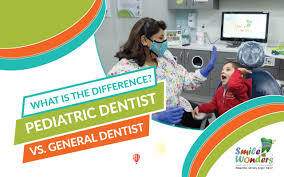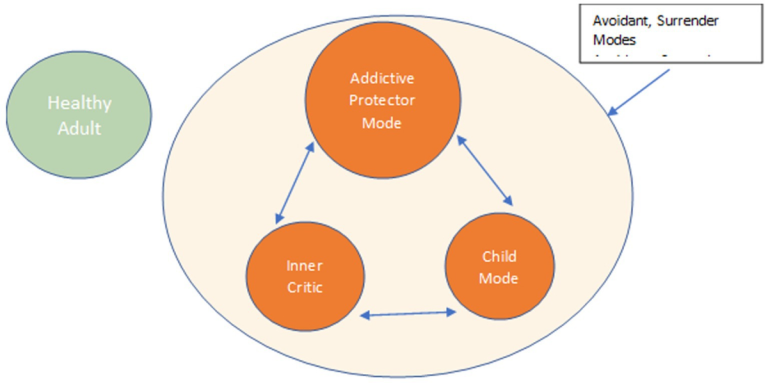Therapy for Addiction: Finding Hope, Healing, and a New Beginning
Addiction is a heavy burden — one that can impact every aspect of your life, from relationships and health to career and self-worth. But the truth is, recovery is always possible, no matter how deep in the struggle you may feel. Therapy plays a vital role in overcoming addiction, offering a path to not only break free from substance use but also to understand the emotional and mental roots behind it.
Whether you’re seeking help for yourself or someone you care about, knowing your options — and where to start — can make all the difference.
The Importance of Therapy in Addiction Recovery
Addiction isn’t just a physical dependence on drugs or alcohol — it’s a complex condition that often stems from trauma, mental health issues, or unresolved emotional pain. Therapy helps address these underlying causes. It equips individuals with the tools to recognize and manage triggers, learn healthier ways to cope with stress, and build a life free from substances. Through therapy, people can rebuild relationships that may have been damaged and gain the confidence needed to stay on the path to recovery. It also lays the foundation for a long-term plan that supports lasting sobriety and personal growth.
Types of Therapy Used in Treatment
There are several types of therapy commonly used in addiction treatment, each offering unique benefits depending on the individual’s needs. Cognitive Behavioral Therapy (CBT) focuses on identifying and changing negative thought patterns and behaviors that contribute to substance use. Dialectical Behavior Therapy (DBT) is especially effective for individuals dealing with intense emotions or co-occurring mental health disorders. Group therapy brings people together to share experiences and offer mutual support, while family therapy addresses the broader impact of addiction on loved ones, helping to heal and restore communication. Motivational Interviewing is another powerful approach that helps individuals tap into their own reasons for change, reinforcing their desire and readiness to recover.
Holistic and Experiential Approaches
In addition to traditional talk therapy, many rehab centers incorporate holistic or experiential methods to enhance emotional healing. These may include art therapy, music therapy, mindfulness practices, yoga, or nature-based programs. Such approaches allow individuals to express themselves in new ways, reduce anxiety, and reconnect with their inner sense of peace — all of which are important in the recovery process.
When and How to Seek Help
Recognizing the need for help is the first and most crucial step toward recovery. If you or someone you love is struggling with addiction, reaching out to a qualified support network can make a world of difference. Therapy for addiction is most effective when paired with a comprehensive treatment plan that includes professional guidance and access to resources. Early intervention increases the chances of successful recovery and reduces the risk of long-term consequences.




